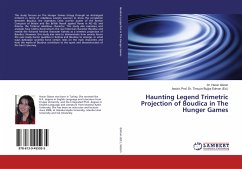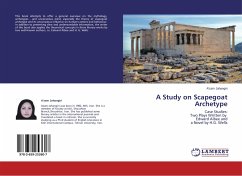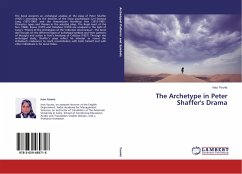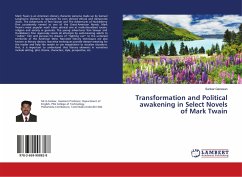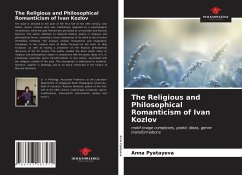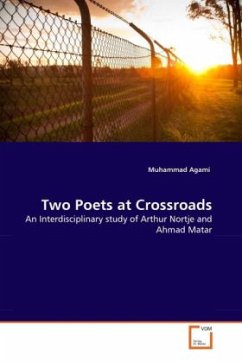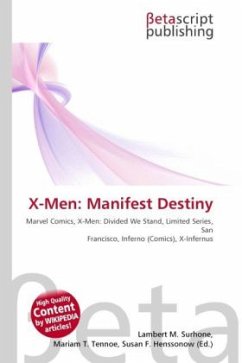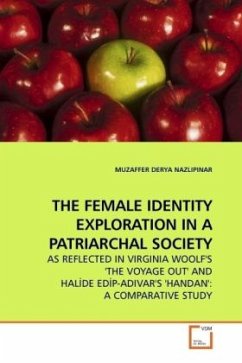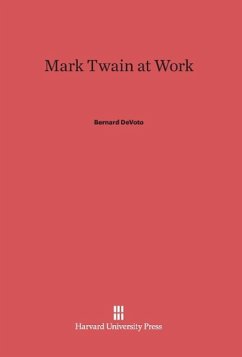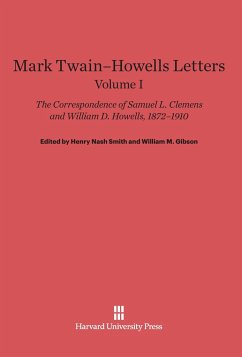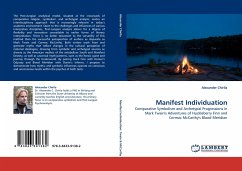
Manifest Individuation
Comparative Symbolism and Archetypal Progressions in Mark Twain's Adventures of Huckleberry Finn and Cormac McCarthy's Blood Meridian
Versandkostenfrei!
Versandfertig in 6-10 Tagen
52,99 €
inkl. MwSt.

PAYBACK Punkte
26 °P sammeln!
The Post-Jungian analytical model, situated at the crossroads of comparative religion, symbolism, and archetypal analysis, invites an interdisciplinary approach that is increasingly relevant in today's academic environment. Open to the challenges and influences of various interpretive disciplines, Post-Jungian analysis allows for a degree of flexibility and innovation unavailable to earlier forms of literary interpretation. There is no better testament to the versatility of this method than the successful juxtaposition of authors as disparate as Mark Twain and Cormac McCarthy. Both writers wor...
The Post-Jungian analytical model, situated at the crossroads of comparative religion, symbolism, and archetypal analysis, invites an interdisciplinary approach that is increasingly relevant in today's academic environment. Open to the challenges and influences of various interpretive disciplines, Post-Jungian analysis allows for a degree of flexibility and innovation unavailable to earlier forms of literary interpretation. There is no better testament to the versatility of this method than the successful juxtaposition of authors as disparate as Mark Twain and Cormac McCarthy. Both writers work from and generate myths that reflect changes in the cultural perception of national ideologies, drawing from symbolic and archetypal sources as diverse as the American mythos of the antebellum South and Manifest Destiny, as well as universal myth-patterns, such as the heroic quest and journey through the Underworld. By pairing Huck Finn with Homer's Odyssey and Blood Meridian with Dante's Inferno, I propose to demonstrate how mythic and symbolic influences operate on conscious and unconscious levels within the psyches of both texts.



